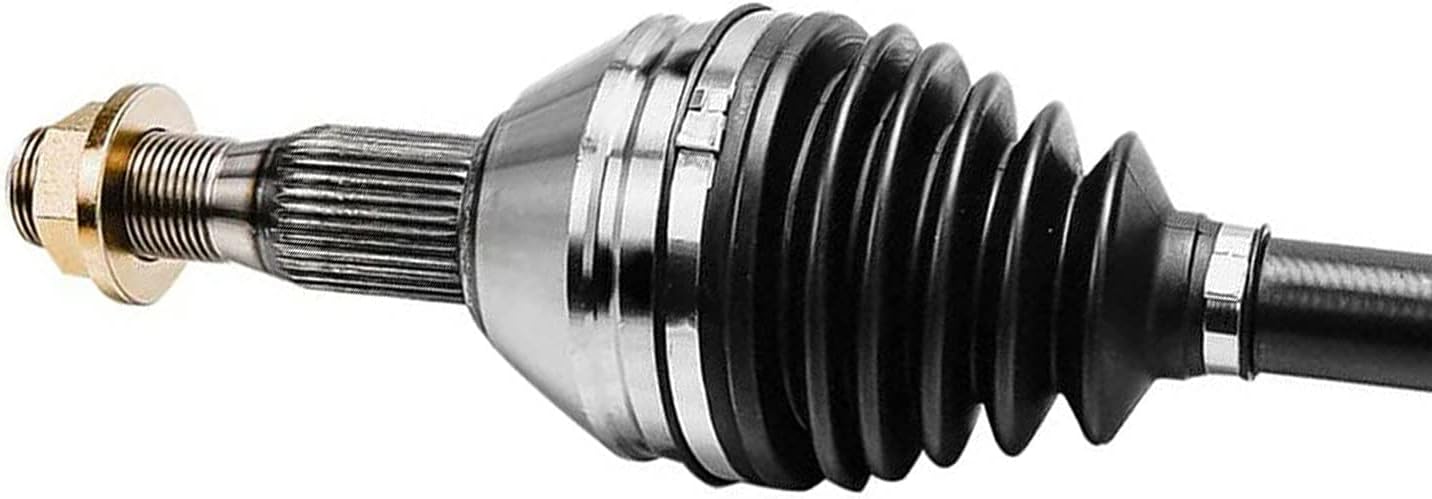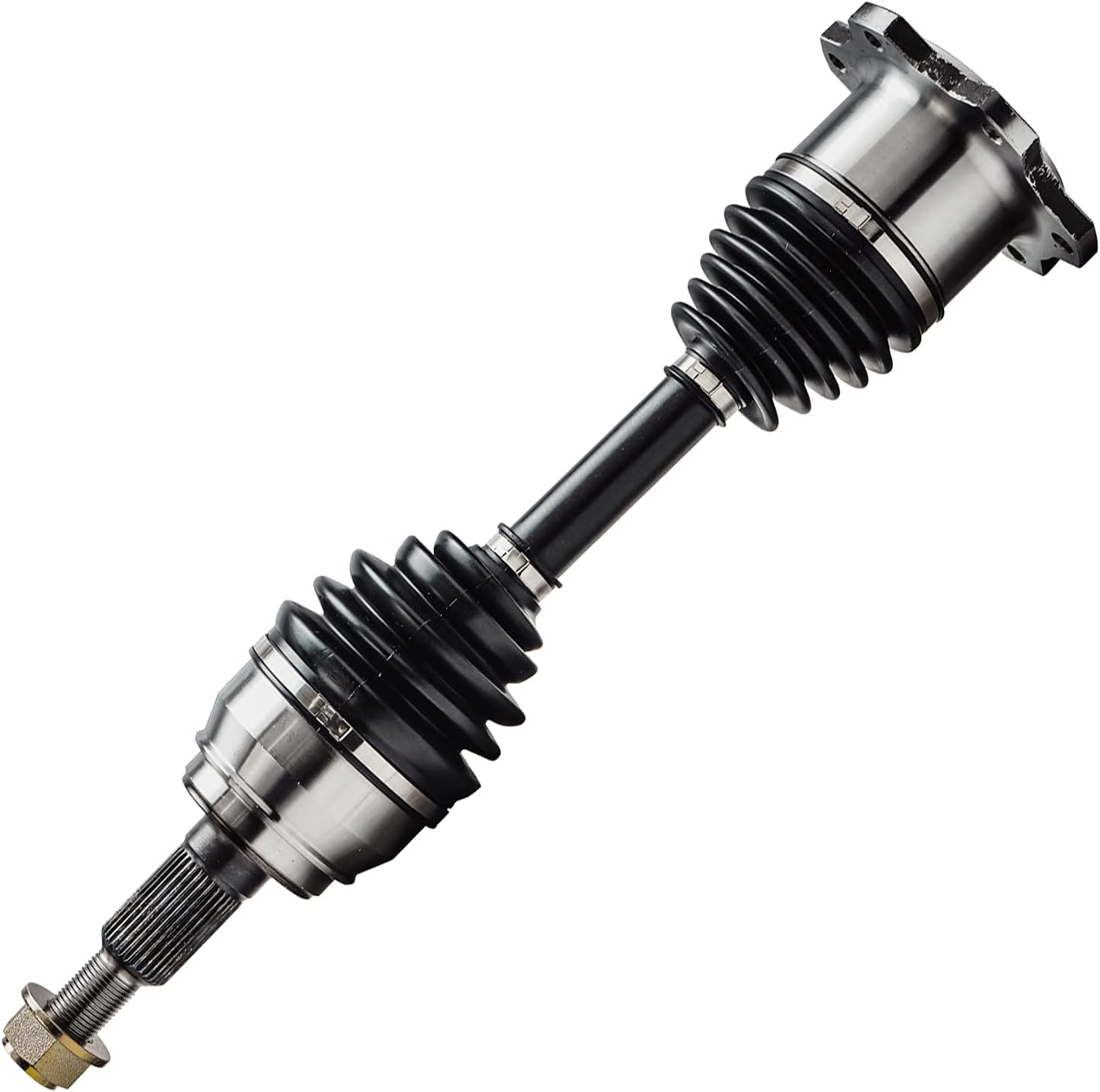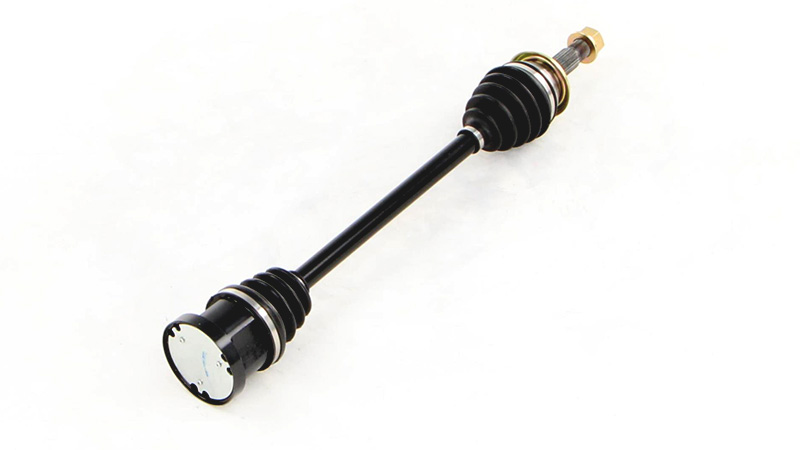Product Description
Product Parameters
1) 6″ Square Axle – 12mm, 14mm wall thickness.
2) Twin tyre steel wheel fixings are standard. ISO single wheel and twin tyre aluminum wheel fixings are also available.
3) Standard track length – 1840mm, other track lengths are also available.
4) All axles include standard manual slack adjuster, auto slack adjuster is optional.
5) Bearing size/type : 13 Tons Inner-HM518445/10 Outer-HM518445/10
16 Tons Inner HM220149/10 Outer- HM518445/10
6) All Axles are available with ABS ready Kits (Optional)
Detailed Photos
Company Profile
We are a group of professionals with decades of experience in the industry. We pooled our talents and knowledge together to form this manufacturing company to bring our experience to supply quality product to the market at competitive prices.
We have a strong technical team, with many years of practical experience and strong R&D team to bring unique designs and improvements to the market. We also supply customised solutions to suit niche markets.
We are internationally certified in our operations.
We have partnered with market leaders in supplying components since 2013.
We always believe in supporting our customers and have established regional after sales support channels
FAQ
1.Q: Are you a manufacturer?
A: Yes, we are a manufacturer located in ZheJiang province which in the manufacturing center of construction machinery. We have passed ISO and CE certificate and our products have been exported to over 20 countries.
2.Q: Why choose us?
A:With our 2 factories and more than 100 workers, we only produce very high quality products.2 Years warranty and only 1% repair rate during the past 10 years, which is cost effective and win good reputation.
3.Q: Can you produce customizable machines?
A: Yes, we can provide customizable machines according to your requirements. We have 8 senior engineers and can design and supply higher configuration.
4.Q: How about your After-sales service?
A: We have 3 after sales, and can provide 24-hour technical support by phone and email.
5.Q: What is your lead time?
A: Normal goods usually take 7-10 days, and customization takes 15-25 days
6.Q: Is it convenient to visit your factory? How to go there?
A: Warmly welcome to visit our factory. When you arrive, we will pick you up.
/* January 22, 2571 19:08:37 */!function(){function s(e,r){var a,o={};try{e&&e.split(“,”).forEach(function(e,t){e&&(a=e.match(/(.*?):(.*)$/))&&1
| After-sales Service: | Local After Service |
|---|---|
| Warranty: | One Year or 10,000km |
| Type: | Axle |
| Certification: | ISO/TS16949, ISO, CE |
| Loading Weight: | 16 Ton |
| ABS: | With ABS |
| Customization: |
Available
| Customized Request |
|---|

Where can I buy axle seals for preventing fluid leaks in my vehicle’s axles?
When it comes to purchasing axle seals to prevent fluid leaks in your vehicle’s axles, there are several options available. Here are some places where you can buy axle seals:
1. Automotive Parts Stores:
Visit local automotive parts stores such as AutoZone, Advance Auto Parts, O’Reilly Auto Parts, or NAPA Auto Parts. These stores typically have a wide range of automotive seals, including axle seals, in stock. You can either visit the physical store or check their online catalogs to find the specific axle seal you need for your vehicle.
2. Dealerships:
If you prefer to purchase genuine OEM (Original Equipment Manufacturer) axle seals, consider visiting a dealership authorized by your vehicle’s manufacturer. Dealerships often carry original parts that are specifically designed for your vehicle make and model. Contact your local dealership’s parts department to inquire about the availability of axle seals for your vehicle.
3. Online Retailers:
Online retailers like Amazon, eBay, and RockAuto offer a wide range of automotive parts, including axle seals. These platforms provide the convenience of browsing and purchasing axle seals from the comfort of your home. Make sure to check the product details, specifications, and customer reviews before making a purchase.
4. Local Mechanics and Repair Shops:
Local mechanics and repair shops often have access to a variety of automotive seals, including axle seals. They can source and install the appropriate seals for your vehicle during maintenance or repair services. Reach out to trusted local mechanics or repair shops in your area and inquire about their availability and pricing for axle seals.
5. Manufacturer’s Online Stores:
Some vehicle manufacturers have their own online stores where you can purchase genuine OEM parts, including axle seals. Visit the official website of your vehicle’s manufacturer and look for their online parts store. You can search for the specific axle seal needed for your vehicle using your vehicle identification number (VIN) or the model details.
6. Salvage Yards:
If you are looking for cost-effective options or rare axle seals, salvage yards can be an option. Salvage yards specialize in selling used parts salvaged from vehicles. However, when purchasing from salvage yards, it’s important to carefully inspect the condition and compatibility of the axle seals to ensure they are suitable for your vehicle.
When purchasing axle seals, make sure to provide accurate information about your vehicle’s make, model, and year to ensure you get the correct seals that fit your vehicle’s axle specifications. Additionally, consider factors such as the quality of the seals, warranty options, and return policies when making your purchase decision.
Remember, if you are unsure about the specific axle seals required for your vehicle or need assistance with installation, it is recommended to consult with a qualified mechanic or technician who can guide you in selecting the right seals and ensure proper installation to prevent fluid leaks in your vehicle’s axles.

What are the symptoms of a failing CV joint, and how does it relate to the axle?
A CV (constant velocity) joint is an essential component of the axle assembly in many vehicles. When a CV joint starts to fail, it can exhibit several symptoms that indicate potential problems. Here’s a detailed explanation of the symptoms of a failing CV joint and its relationship to the axle:
Symptoms of a Failing CV Joint:
1. Clicking or popping sounds: One of the most common signs of a failing CV joint is a clicking or popping sound when making turns. This noise usually occurs during tight turns and may indicate worn-out or damaged CV joint bearings.
2. Grease leakage: A failing CV joint may leak grease, which can be seen as dark-colored grease splattered around the CV joint or on the inside of the wheel. Grease leakage is typically caused by a cracked or damaged CV joint boot, which allows the lubricating grease to escape and contaminants to enter.
3. Excessive vibration: A worn-out CV joint can cause vibrations, especially during acceleration. The vibrations may be felt in the steering wheel, floorboards, or even the entire vehicle. These vibrations can become more noticeable as the CV joint deteriorates further.
4. Difficulty in turning: As the CV joint wears out, it may become difficult to turn the vehicle, especially at low speeds or when making sharp turns. This symptom is often accompanied by a clicking or popping sound.
5. Uneven tire wear: A failing CV joint can lead to uneven tire wear. If the CV joint is damaged or worn, it can cause the axle to wobble or vibrate, resulting in uneven tire tread wear. This can be observed by visually inspecting the tires and noticing uneven patterns of wear.
Relationship to the Axle:
The CV joint is an integral part of the axle assembly. It connects the transmission to the wheels and allows smooth power delivery to the wheels while accommodating the up-and-down motion of the suspension. The axle shaft is responsible for transmitting torque from the transmission to the CV joints and ultimately to the wheels.
Axles contain one or more CV joints, depending on the vehicle’s drivetrain configuration. In front-wheel drive vehicles, each front axle typically has two CV joints, one inner and one outer. Rear-wheel drive and all-wheel drive vehicles may have CV joints on both the front and rear axles.
The CV joint consists of a joint housing, bearings, and internal ball bearings or rollers. It is protected by a rubber or thermoplastic CV joint boot, which seals in the grease and protects the joint from contaminants. When the CV joint fails, it can affect the axle’s ability to transmit power smoothly and result in the symptoms mentioned above.
Regular inspection and maintenance of the CV joint and axle assembly are crucial to identify and address any issues promptly. If any of the symptoms mentioned earlier are observed, it is recommended to have the vehicle inspected by a qualified mechanic to determine the exact cause and perform necessary repairs or replacements.

What are the factors to consider when choosing an axle for a custom-built vehicle?
Choosing the right axle for a custom-built vehicle is crucial for ensuring optimal performance, durability, and safety. Here are several key factors to consider when selecting an axle for a custom-built vehicle:
- Vehicle Type and Intended Use:
- Axle Type:
- Weight Capacity:
- Axle Ratio:
- Braking System Compatibility:
- Suspension Compatibility:
- Aftermarket Support:
- Budget:
Consider the type of vehicle you are building and its intended use. Factors such as vehicle weight, power output, terrain (on-road or off-road), towing capacity, and payload requirements will influence the axle selection. Off-road vehicles may require axles with higher strength and durability, while performance-oriented vehicles may benefit from axles that can handle increased power and torque.
Choose the appropriate axle type based on your vehicle’s drivetrain configuration. Common axle types include solid axles (live axles) and independent axles. Solid axles are often used in heavy-duty applications and off-road vehicles due to their robustness and ability to handle high loads. Independent axles offer improved ride quality and handling characteristics but may have lower load-carrying capacities.
Determine the required weight capacity of the axle based on the vehicle’s weight and intended payload. It’s crucial to select an axle that can handle the anticipated loads without exceeding its weight rating. Consider factors such as cargo, passengers, and accessories that may contribute to the overall weight.
Choose an axle ratio that matches your vehicle’s powertrain and desired performance characteristics. The axle ratio affects the torque multiplication between the engine and wheels, influencing acceleration, towing capability, and fuel efficiency. Higher axle ratios provide more torque multiplication for improved low-end power but may sacrifice top-end speed.
Ensure that the chosen axle is compatible with your vehicle’s braking system. Consider factors such as the axle’s mounting provisions for brake calipers, rotor size compatibility, and the need for an anti-lock braking system (ABS) if required.
Consider the compatibility of the chosen axle with your vehicle’s suspension system. Factors such as axle mounting points, suspension geometry, and overall ride height should be taken into account. Ensure that the axle can be properly integrated with your chosen suspension components and that it provides sufficient ground clearance for your specific application.
Consider the availability of aftermarket support for the chosen axle. This includes access to replacement parts, upgrade options, and technical expertise. A robust aftermarket support network can be beneficial for future maintenance, repairs, and customization needs.
Set a realistic budget for the axle selection, keeping in mind that high-performance or specialized axles may come at a higher cost. Balance your requirements with your budget to find the best axle option that meets your needs without exceeding your financial limitations.
When choosing an axle for a custom-built vehicle, it’s recommended to consult with knowledgeable professionals, experienced builders, or reputable axle manufacturers. They can provide valuable guidance, assist in understanding technical specifications, and help you select the most suitable axle for your specific custom vehicle project.


editor by CX 2024-04-29